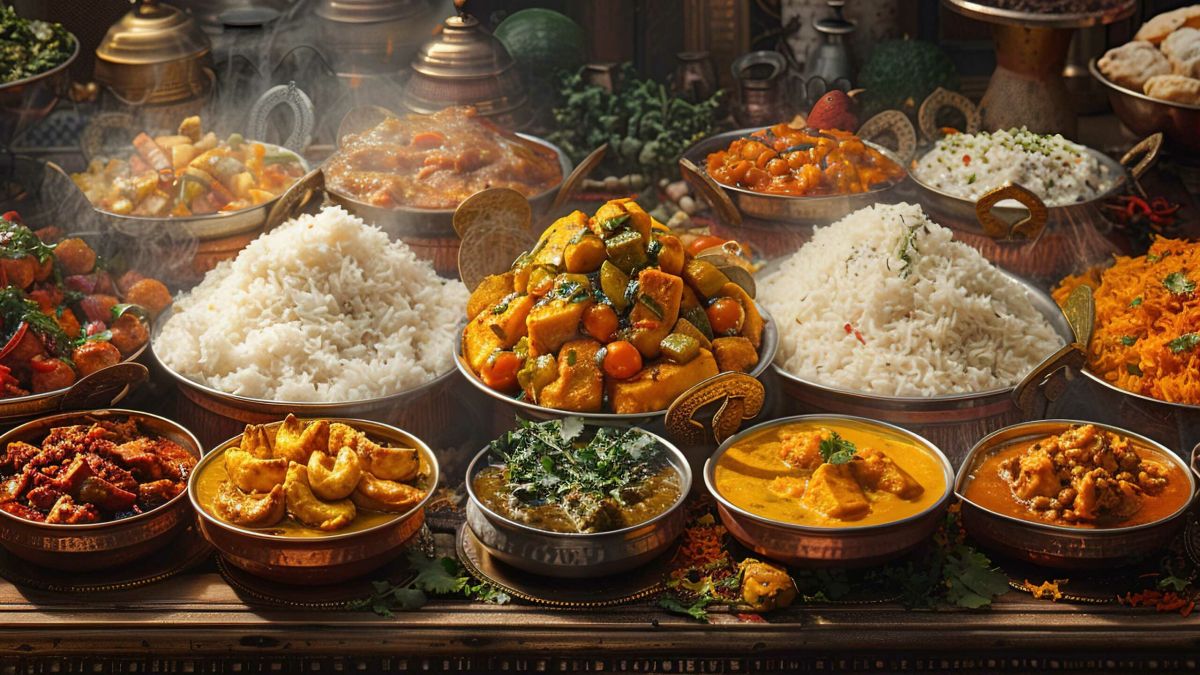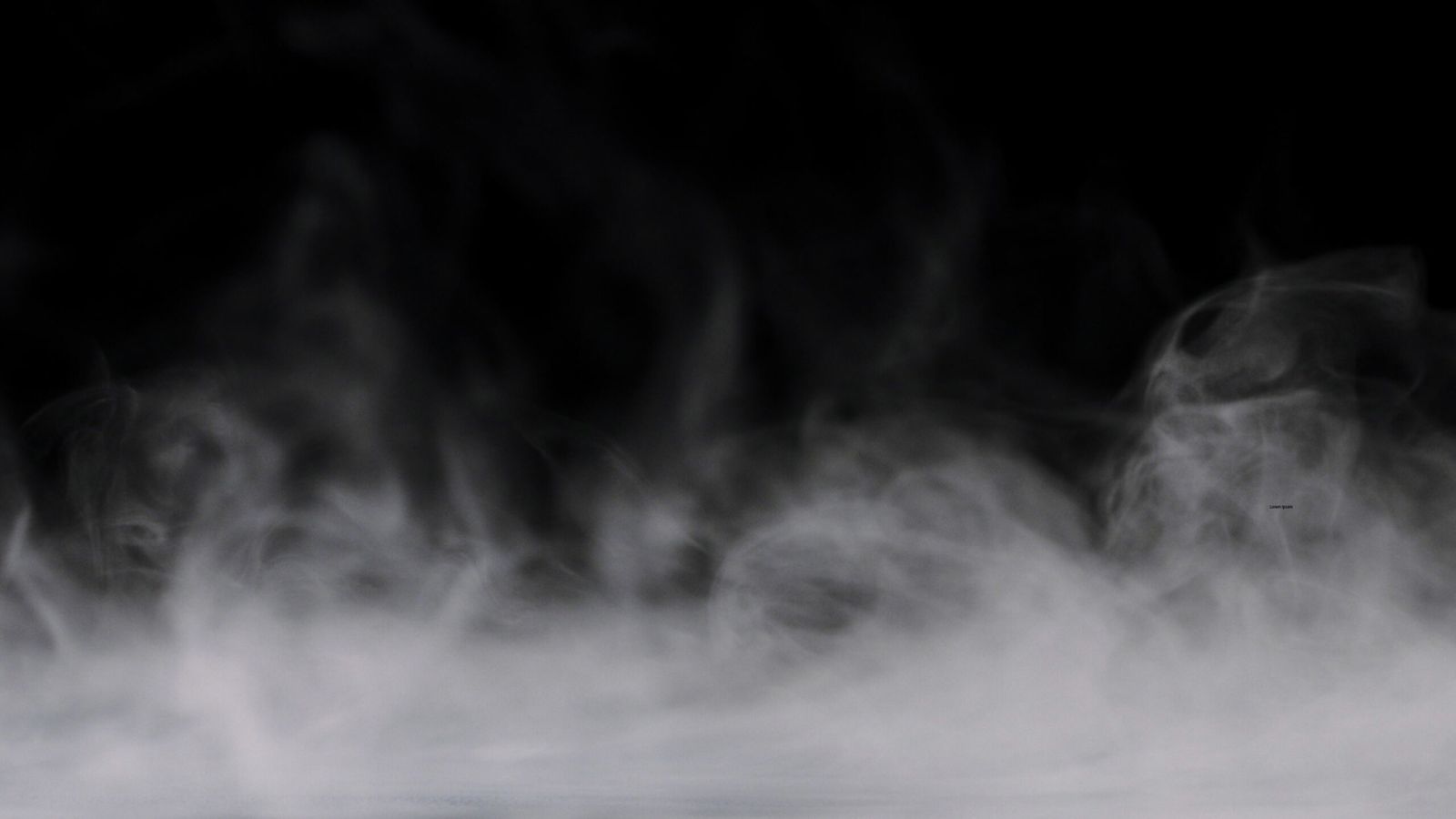The Dangers of Extravagantly Consuming Food and Drink on One’s Intellect, Body and Wealth
Imām ʿAbd al-Raḥmān ibn Nāṣir al-Saʿdī


Allāh—the Most High—said:
وَكُلُوا وَاشْرَبُوا وَلَا تُسْرِفُوا ۚ إِنَّهُ لَا يُحِبُّ الْمُسْرِفِينَ
“And eat and drink but waste not by extravagance, certainly He (Allāh) likes not al-Musrifūn (those who waste by extravagance).”
(Al-Aʿrāf, 7:31)
Imām ʿAbd al-Raḥmān ibn Nāṣir al-Saʿdī comments:
Allāh has gathered in this verse a multitude of matters that hold immense benefit for mankind in terms of their religion, physical forms, circumstances, and ultimate end.
The command to “eat and drink” proves its obligation—that it is legislatively impermissible for a servant to abandon the consumption of food and drink, just as he lacks the physical capacity to do so insofar as his mental faculties remain. It also proves that eating and drinking with the intention of enacting the order of Allāh will be considered an act of worship.
This verse also indicates that the fundamental state of all food and drink is permissibility save for those which Allāh has legislated as impermissible due to the harm associated with its consumption. While also indicating that every person should consume that which nourishes and suits him—that which his palate finds most appealing—consistent with his state of wealth or poverty, appropriate to his state of health or sickness, that which he is accustomed to or otherwise. The verse is interpreted thus because Allāh did not specify any particular food or drink in the verse.
The verse represents a means by which the servants of Allāh are guided to that which holds all forms of benefit for them. That the source of a healthy body is careful contemplation of the food and drink used to nourish it. Such that a servant of Allāh eats and drinks that which is most beneficial to him, maintaining and preserving his state of health and strength. For the verse commands one to be both economical and reflective concerning one’s nourishment. This is inherent in it forbidding extravagance immediately after issuing the command to eat and drink. This is because extravagance is generally impermissible, but specifically applies to the consumption of food and drink. Extravagance leads to great harm in one’s religion, as well as one’s mind, body and wealth.
As for the harm exerted in one’s religion, anyone who perpetrates that which has been expressly forbidden by Allāh and His Messenger (صلى الله عليه وسلم) has damaged and injured his own religion. He must treat this injury with sincere repentance and by returning to righteousness.
The Intellectual Harm Caused by Extravagance
As for the deficiency in reason and rationality (intelligence) that is indicative of extravagance [in eating and drinking], one’s rationality and fair judgement should drive him towards engagement in that which is most appropriate for him, such that he contemplates the manner in which he lives. Therefore, [intelligently] striving to establish a good living is the greatest sign of a person’s ability to reason. Thus, the one who is excessive and extravagant [i.e. overspending and overeating] harms himself, showing his deficiency in judgement, rationality, and wisdom.
The Bodily Harm Caused by Extravagance
As for the harm exerted on the body, the one who consumes extravagant, large amounts of food and drink causes harm to his body and subjects it to a variety of dangerous illnesses. For many health conditions stem from extravagantly consuming food and drink. It also causes harm in another way. This is that the one who habitually trains his body upon a certain act will find his body acclimating to it. Such that should he habitually engage in overeating, or consistently eating a wide variety of foods, but then finds himself unable to fulfil this practice in certain circumstances (due to a lack of finances or some other reason), he will find his body yearning for that which it had become accustomed to, leading to a sickly, corrupt state.
The Financial Harm Caused by Extravagance
As for the financial detriment of such practices, this is plainly evident. For extravagance constitutes financial overspending. For this reason, the Most High said:
وَلَا تَجْعَلْ يَدَكَ مَغْلُولَةً إِلَىٰ عُنُقِكَ وَلَا تَبْسُطْهَا كُلَّ الْبَسْطِ فَتَقْعُدَ مَلُومًا مَّحْسُورًا
“And let not your hand be tied (like a miser) to your neck, nor stretch it forth to its utmost reach (like a spendthrift), so that you become blameworthy and in severe poverty.”
(Al-Isrāʾ, 17:29)
That is, “blameworthy” for what you have chosen to do. “Severe poverty” that is, empty-handed; impoverished.
As for His saying “He (Allāh) likes not al-Musrifūn (those who waste by extravagance)”, it proves that Allāh loves those who are economical. This verse also confirms Allāh’s attribute of love and that His love applies to certain people, actions, and circumstance.
So glory be to the One who has made His book a veritable treasure trove of varied and beneficial forms of knowledge.
Source: Fawāʾid Qurʾāniyyah: 50-52
Translated by: Riyāḍ al-Kanadī
Most Popular: Last 30 Days

















